Description
Industrialisation: New Challenges, authored by G.S. Batra and R.C. Dangwal, is a thought-provoking book that delves into the complexities and implications of industrialisation in the modern world. With a comprehensive analysis of the challenges faced by industries, the book provides valuable insights into the economic, social, and environmental aspects of industrial development. Batra and Dangwal, renowned experts in the field, offer a balanced examination of the opportunities and pitfalls associated with industrialisation. This review will explore the key aspects of the book, including its summary, analysis, comparison, interpretation, character portrayal, author background, writing style, reader opinions, pros, and a final verdict.
In Industrialisation: New Challenges, Batra and Dangwal skillfully navigate the multifaceted terrain of industrial development. The book begins by providing a historical overview of industrialisation and its impact on society. It then moves on to address contemporary challenges such as globalization, technological advancements, environmental sustainability, and the role of government policies. The authors emphasize the need for a holistic approach that considers the economic, social, and ecological dimensions of industrialisation. They explore various case studies from around the world to illustrate both the positive and negative consequences of industrial growth.
Batra and Dangwal present a comprehensive analysis of the challenges posed by industrialisation. Their examination of economic factors demonstrates how industrialisation can foster economic growth and create job opportunities. However, they also highlight the potential negative impacts, such as income inequality and the exploitation of labour. The authors delve into the social consequences of industrialisation, including changes in the workforce, urbanization, and cultural shifts. Moreover, they delve into the environmental implications, addressing issues like pollution, resource depletion, and climate change. The book offers a balanced evaluation, acknowledging the benefits while critically examining the drawbacks of industrialisation.
Industrialisation: New Challenges stands out in its comparative approach. The authors compare different countries and regions, highlighting the unique challenges faced by each. By examining both developed and developing nations, Batra and Dangwal illustrate the varying stages and strategies of industrial development. The book also draws comparisons between traditional and emerging industries, providing valuable insights into the evolving nature of industrialisation. Such comparative analysis helps readers gain a broader perspective and understand the diverse experiences and outcomes associated with industrialisation worldwide.
Batra and Dangwal’s interpretation of industrialisation revolves around the idea that it is a double-edged sword. They explore the overarching theme of balancing economic progress with social and environmental sustainability. The book delves into the theme of responsible industrialisation, advocating for ethical practices, corporate social responsibility, and inclusive growth. It also highlights the significance of collaboration between governments, industries, and civil society in addressing the challenges posed by industrialisation. By presenting these themes, the authors encourage readers to critically reflect on the consequences of industrial development and the need for a more equitable and sustainable approach.
While Industrialisation: New Challenges primarily focuses on concepts and analysis, it does not delve deeply into individual characters. The authors mainly portray the roles and behaviours of stakeholders involved in industrialisation, such as policymakers, entrepreneurs, workers, and environmental activists. Through these portrayals, the book highlights the varying perspectives and motivations of different actors in shaping the course of industrial development.
About the Author:
G.S. Batra and R.C. Dangwal are highly respected scholars in the field of industrial economics and sustainable development. Batra has extensive experience in research and policy analysis related to industrialisation and economic growth. Dangwal, on the other hand, specializes in environmental economics and sustainable development. Both authors have published numerous scholarly articles and books, establishing themselves as authorities in their respective fields. Their combined expertise adds credibility and depth to the analysis presented in Industrialisation: New Challenges.
The writing style of Batra and Dangwal is scholarly yet accessible. They present complex concepts clearly and concisely, making the book suitable for both experts and non-experts alike. The authors support their arguments with relevant data, case studies, and research findings, enhancing the credibility of their analysis. The inclusion of real-world examples and illustrations helps readers grasp the practical implications of the theories discussed. Overall, the writing style is engaging and informative, allowing readers to navigate the complexities of industrialisation with ease.
What People Say About This Book:
Industrialisation: New Challenges has received positive reviews from both scholars and readers. Many commend the authors for their comprehensive analysis, balanced approach, and insightful exploration of the complexities of industrial development. Readers appreciate the book’s ability to bridge the gap between theory and practice, providing practical insights and policy recommendations. Some readers also highlight the relevance of the book in the current global context, where industrialisation continues to shape economies and societies. Overall, the book has been praised for its depth of research, clarity of presentation, and thought-provoking content.
- Comprehensive analysis of the challenges and opportunities posed by industrialisation.
- Balanced examination of economic, social, and environmental dimensions.
- Comparative approach, providing a global perspective on industrial development.
- Emphasis on responsible and sustainable industrialisation.
- Engaging writing style that appeals to both experts and general readers.


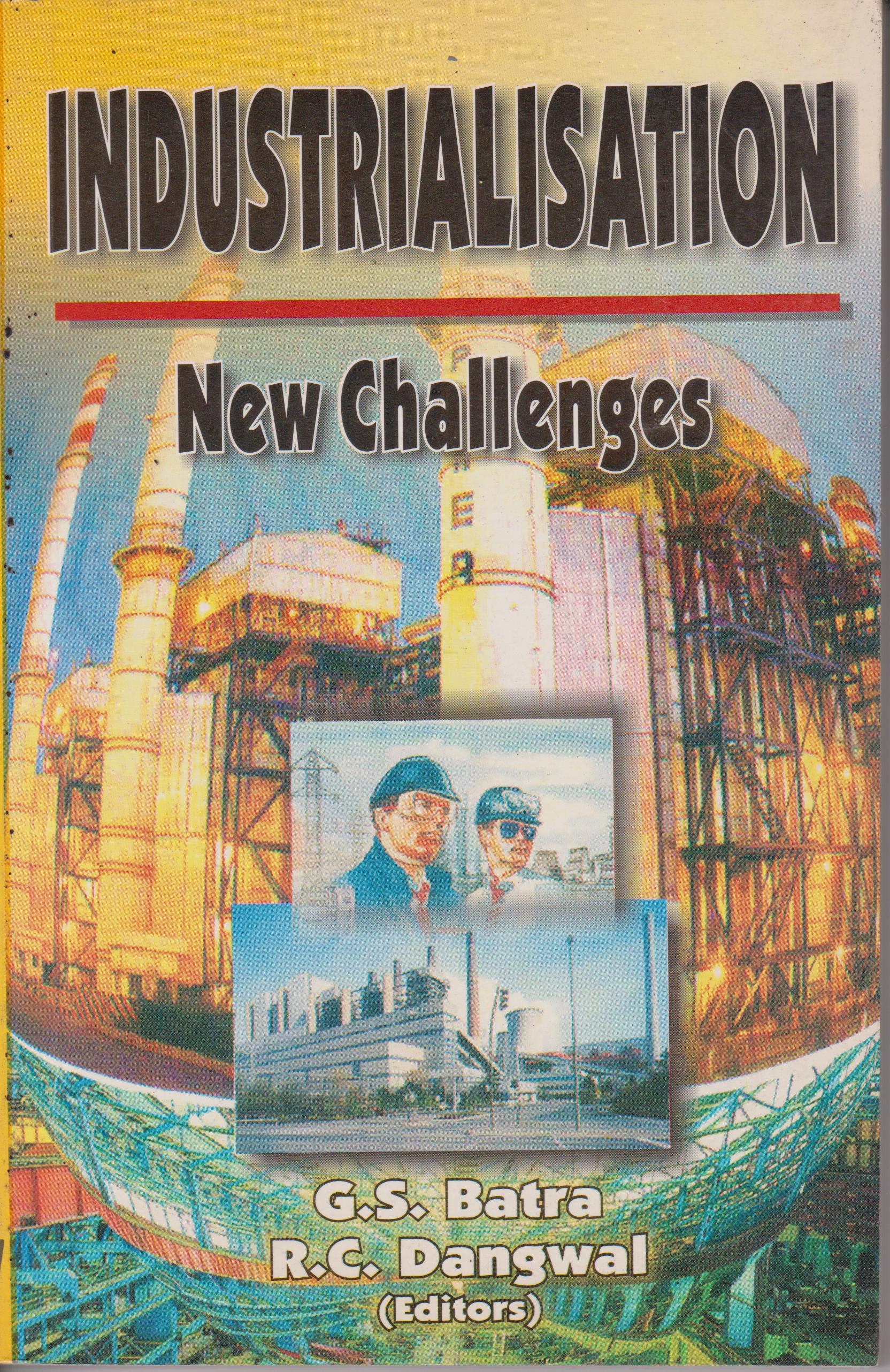
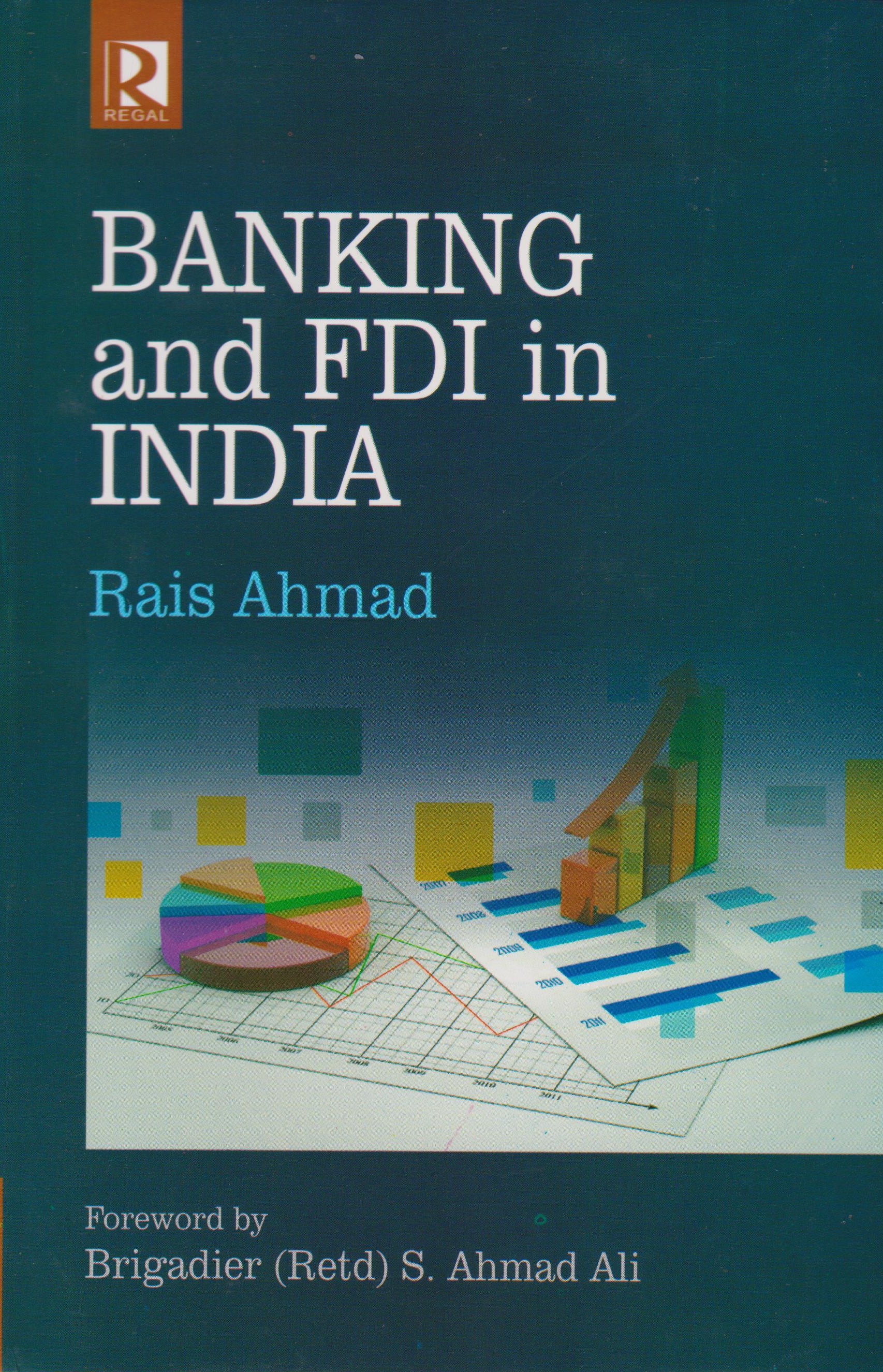


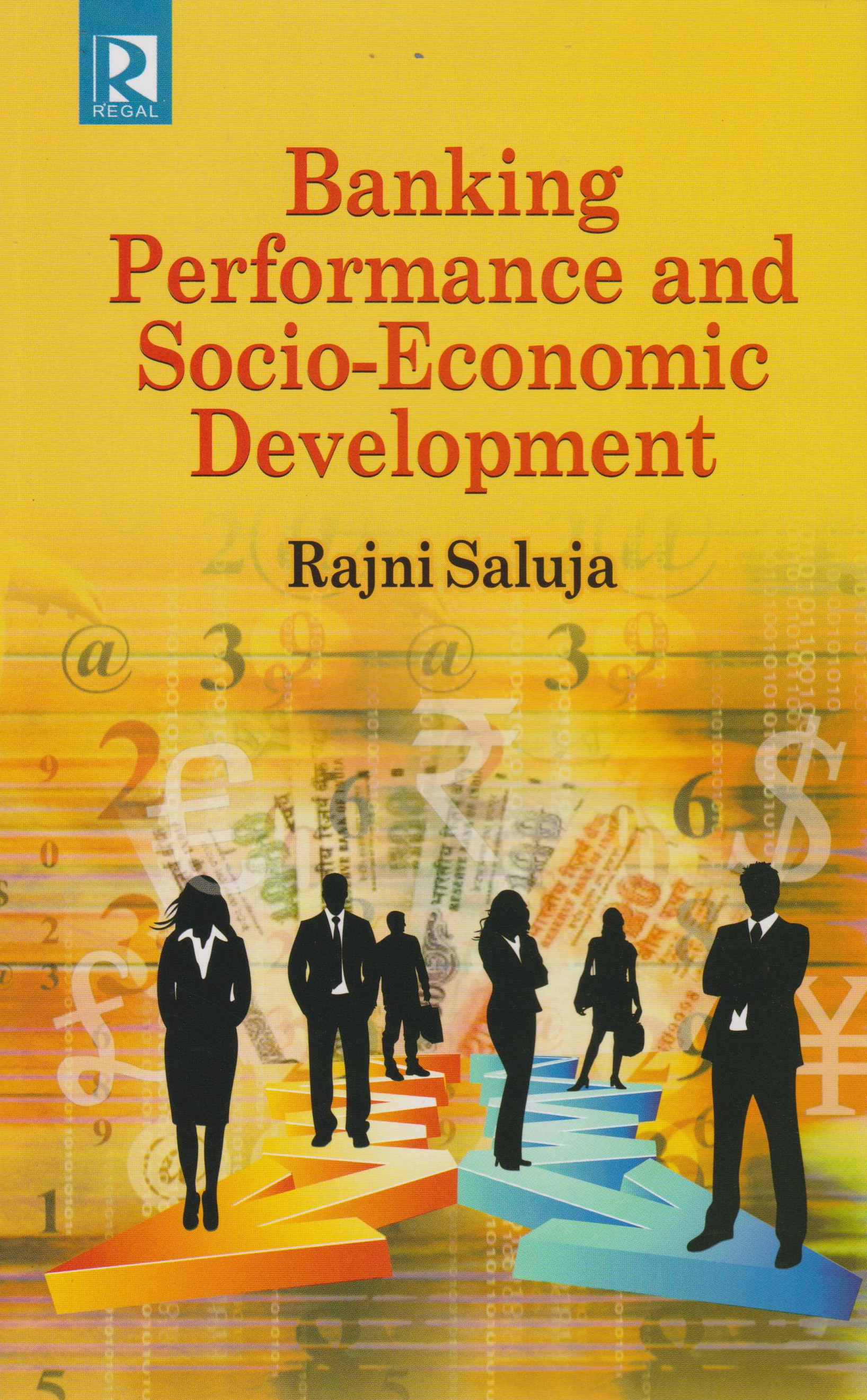
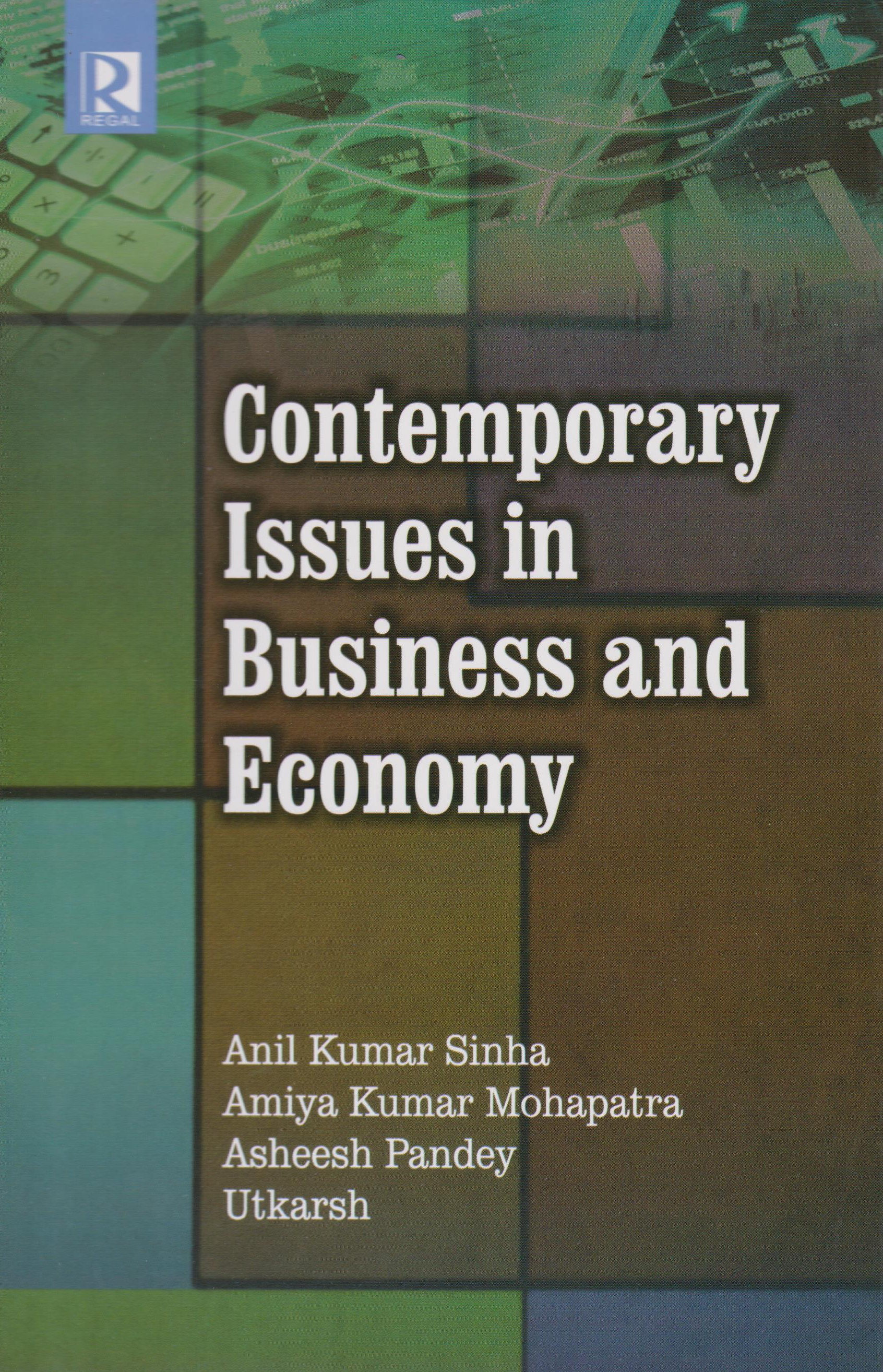

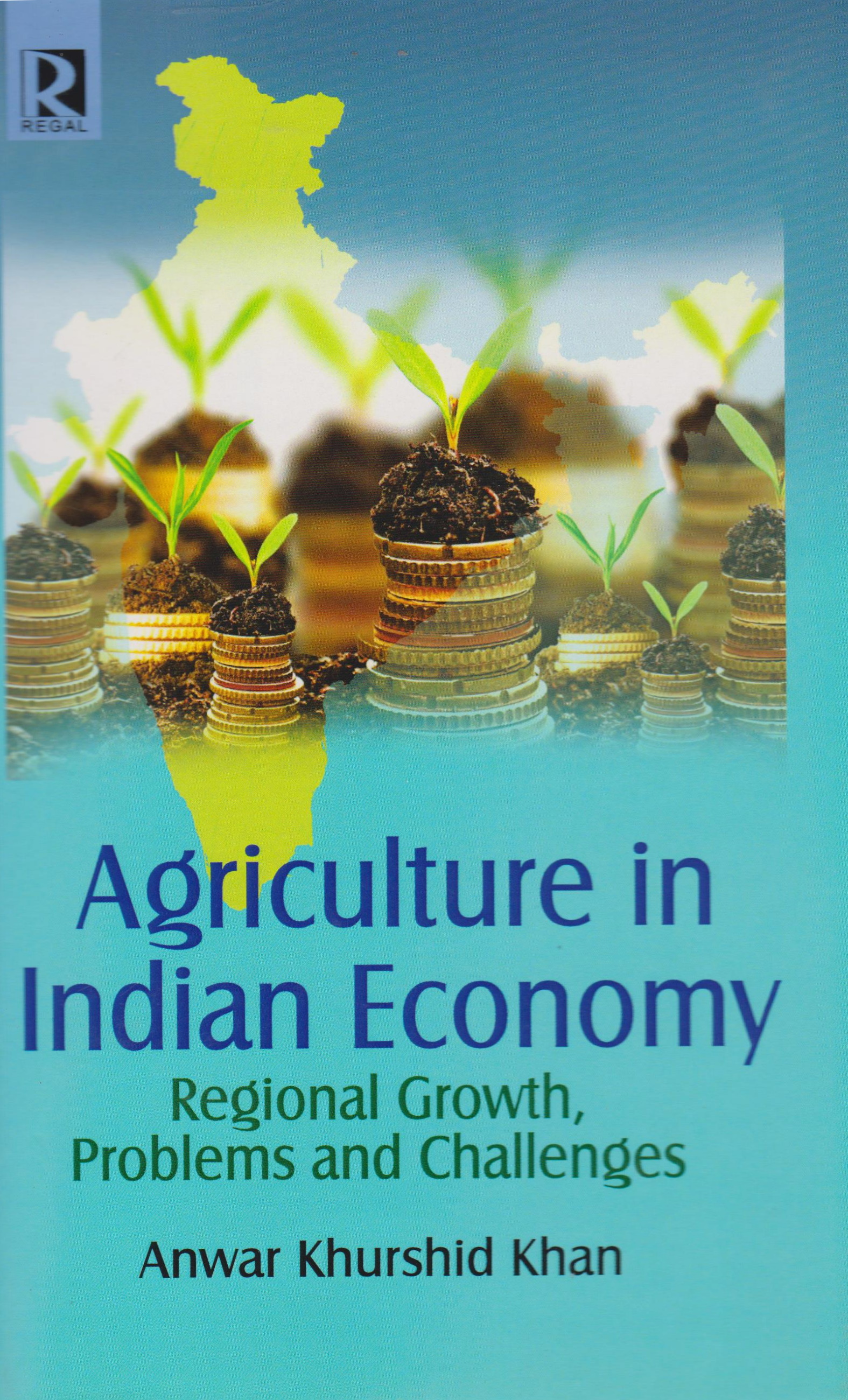

Reviews
There are no reviews yet.